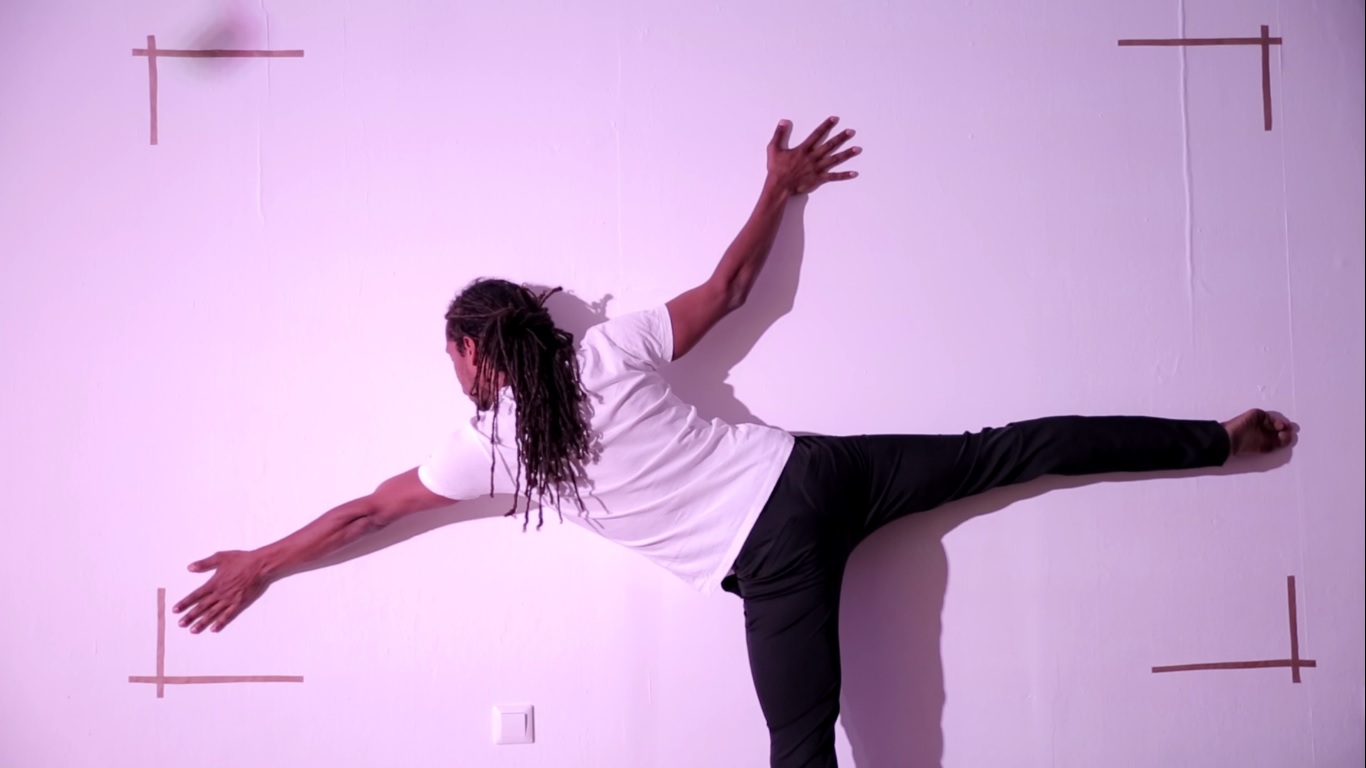Seit 2006 finden in der Lettrétage ca. 120 öffentliche Literaturveranstaltungen jährlich statt – Lesungen, Workshops, Diskussionsrunden, literarische Performances und Formate dazwischen. Bekannte und unbekannte Autor*innen und Künstler*innen verschiedener Sprachen und Nationalitäten sind hier schon aufgetreten.
Seit 2013 liegt der Programmfokus u.a. auf neuen Wegen der literarischen Präsentation und Live-Produktion: Dazu zählen u.a. die internationalen bzw. transnationalen Literaturfestivals „Soundout!“, „¿Comment!“, „Berlinisi“ und „Syn_Energy“, aber auch das viel beachtete Netzwerkprojekt „CROWD“ und multimediale Projekte wie die Reihe „CON_TEXT“ oder das „Poetry Audio Lab“. Eine vollständige Liste der Lettrétage-Projekte finden Sie hier.
Als Ankerinstitution für die freie Literaturszene Berlins stellt die Lettrétage außerdem ihre Räume für Literaturveranstaltungen aller Art zur Verfügung. Zahlreiche freie Veranstalter*innen nutzen unsere Infrastruktur regelmäßig – für Literatur-Workshops, Lesereihen in verschiedenen Sprachen und Buchpräsentationen. Mehr zu den Möglichkeiten der kostenlosen Raumnutzung erfahren Sie hier.
Auf dieser Seite präsentieren wir einen nicht vollständigen Einblick in unser vergangenes Programm.
Veranstaltungen
Termin Informationen:
-
Fr15Mrz202420:00 UhrLettrétage in der Veteranenstraße 21, Admission: free
LIVE: Paul Brody’s Electro & Poetry & Trumpet
Reading and Concert by Paul Brody

(c) privat SPRACHMELODIEKLANGFARBENMELODIE: Part 4 of Paul Brody’s live electronics & poetry concert will feature the voices of poets that Brody recorded in the past year. Each concert explored different ways of combining poetry and music, always with the idea of creating what Brody calls musical translations of poems.
Two of the writers, Uljana Wolf and Christian Hawkey, were already working with poetry via homophonic translation, or when a poem is translated from the sound of the phrases rather than the meaning of the words. Brody’s compositions and improvisations extend homophonic translation in that he draws inspiration from both the sonic element of the poems well as the expression of the poet’s own voice.
Note: Come early. Stay late!The previous concerts have been full, and the audience has enjoyed an after-show party with ambient music based on the voices of the poets. Vowels expand into long tonal passages, consonants cut into grooves, and syllables are flushed with tonal colors.

Copyright: Paul Brody Paul Brody was born in California, USA, and trained as a musician at the New England Conservatory of Music in Boston. Brody works regularly as a sound artist, composer and trumpeter at the Théâtre de Vidy in Lausanne, the Münchner Kammerspiele, the Berliner Schaubühne, the MC93 Paris, the New York Harlem Opera and the Vienna Burgtheater, among others. He works closely with the music producer John Zorn. His album HINTER ALLEN WORTEN, which features artists such as Clueso, Meret Becker and Jelena Kulijic, was on the best list of the German Record Critics' Award. Paul Brody was nominated for the Europe Broadcasting Festival and the Vienna International Feature Festival for his work as a sound artist. His sound art works have already been heard on WDR, Deutschlandradio, the Jewish Museum Berlin, the MuseumsQuartier Vienna and at Transmediale Berlin. He is currently writing an opera for the Opéra National de Lorraine in Nancy. He works closely with the theater directors David Marton and Hans-Werner Kroesinger.
Workshops & Infoabende
Termin Informationen:
-
So29Sep201917:00Eintritt frei
Dem Frosch geht es gut.
Ungarisch-deutsche Haiku-Werkstatt mit Christine Schlosser und Peter Holland.

© Anna Farkas In kaum einer anderen Literatur haben sich in Vergangenheit und Gegenwart so viele große Lyriker*innen der kleinen Gedichtform angenommen wie in der ungarischen. In der Werkstatt möchten wir diese Seitentür in die ungarische Lyrik der letzten 100 Jahre öffnen.
Nach einer kurzen Einführung werden wir gemeinsam ungarische Haikus in Übersetzungen und Nachdichtungen lesen und diskutieren, bevor wir selbst tätig werden und uns an eigenen Übertragungen und Fortschreibungen versuchen – mithilfe von Interlinearversionen oder in ungarisch-deutschen Tandems.
Ungarisch-Kenntnisse sind nicht erforderlich, können und sollen aber sehr gerne eingebracht werden, wenn vorhanden.
Die Ergebnisse der Werkstatt können nach Wunsch zusammen mit den Teilnehmer*innen am darauffolgenden Abend in den ungarischen Haiku-Abend „So groß ist der Mond“ eingebracht werden. „So groß ist der Mond“ ist eine mehrsprachige, literarisch-performative Reise durch 100 Jahre ungarischer Haiku-Dichtung zum Hieronymustag, dem internationalen Tag der Übersetzung, am 30. September um 19 Uhr im Collegium Hungaricum (Dorotheenstraße 12, 10117 Berlin). Mehr Informationen hier.
